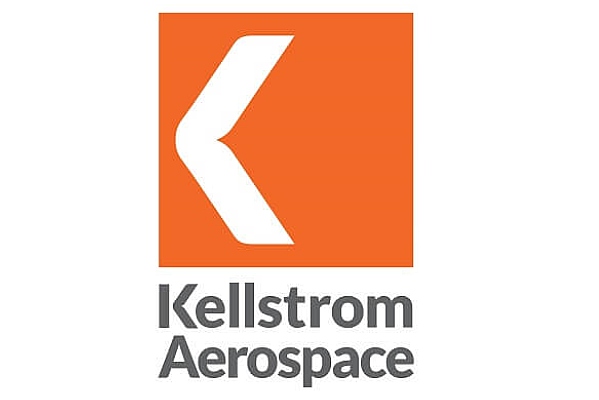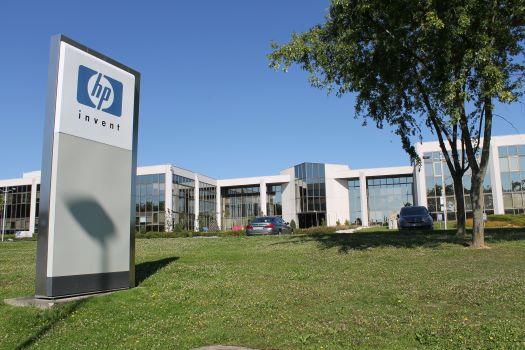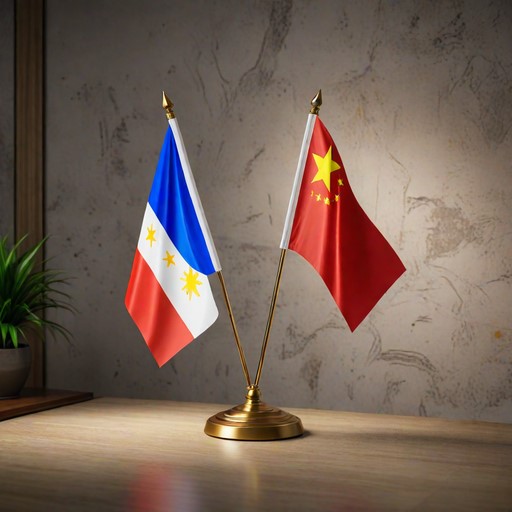HP Eyes Thailand In Plans To Shift Production From China
Trade tensions have spooked several businesses including HP, leading to relocating production facilities out of China. This time, Southeast Asia is the manufacturing hub of choice, according to the Nation, Thailand.
Chinese Enterprises Eye Manufacturing Opportunities In The Philippines
It seems Malaysia is not the only destination of choice for Chinese businesses for manufacturing; Philippines has also won some investor interests.
Asia Has Officially Caught Up In The EV Race
Not only Tesla has been dethroned as the world’s best selling electric vehicle (EV) manufacturer by BYD, other Asian nations are further pushing Tesla down the scoreboard.
Asia’s Robotic Revolution: Emerging Trends Shaping The Industrial Landscape
Nikhil Kaitwade, Chief Analyst Automotive and Associate Vice President at Future Market Insights takes APMEN through on industrial robotics market in Asia, and what can the market expect in terms of growth operating alongside humans.
The Semiconductor Chip Pendulum Is Slowly Swinging West
The US had fallen behind Asian production levels but that may be about to change.
Asia’s War On Inflation Targets Supply, Not Consumers
From export bans to price controls, governments in Asia are taking a much more targeted approach than their Western counterparts in curbing global inflationary pressure, a strategy that appears to be working at least for now.
Arkema To Double Its SARTOMER® Photocure Resins Capacity In Asia
Arkema announces the project to double its UV curable resins production capacity at its Nansha plant in China. This expansion will support the fast-growing demand in Asia for cutting-edge solutions in electronics, driven by 5G technology, and in renewable energies.
This investment is fully aligned with the Group’s strategy to develop its Coating Solutions segment with high value-added solutions and reinforce its downstream acrylics activities in Asia. It will enable Arkema to grow its high-performance and solvent-free solutions portfolio for UV curing, marketed under the flagship brand Sartomer®.
This new expansion is scheduled to come on stream in the second half of 2023 and will provide best-in class regional supply to customers in Asia.
In addition to this new production capacity, which will leverage the most recent process and manufacturing standards, the plant aims at carbon-neutral growth thanks to an energy efficiency program, green electricity purchasing and the installation of solar panels.
“We are committed to continuously develop innovative materials and sustainable technologies to meet the robust demand driven by megatrends such as new technologies, clean mobility and urbanization” explains Laurent Peyronneau, Vice-President of Arkema’s Coating Solutions. “This new capacity will enable us to provide our latest innovative photocure resin solutions and tailored services to our customers and partners in Asia.”
What You Missed:
Porsche Revving Up Manufacturing With 5G
IBM, Amazon Web Services Join Forces To Help Oil & Gas Industry Accelerate Energy Transition
ABB Enables Modernisation Of Steel Rolling Mill In Spain
Providing Real-Time Intelligence & Precise Monitoring Of Oil And Gas Pipeline Operations
Industry 4.0 Gets A Wake-Up Call: The Need For Digital Transformation In Mining
Aker Offshore Wind Secures Blade Recycling Pilot Project Funding
Making The Metaverse: Hardware Hurdles, Discussed By IDTechEx
WANT MORE INSIDER NEWS? SUBSCRIBE TO OUR DIGITAL MAGAZINE NOW!
Driving Sustainable Progress With Autodesk
Feature Interview With: Ms. Serene Sia, ASEAN Managing Director at Autodesk
Hyundai Motor Group Partners Grab To Accelerate EV Adoption In Southeast Asia
Hyundai Motor Group and Grab Holdings Inc. (Grab) has announced an enhancement of their ongoing strategic partnership in mobility services. The next phase of the partnership will focus on accelerating EV adoption in Southeast Asia. The Group, including Hyundai Motor Company and Kia Corporation which are the Group’s affiliates, and Grab will further develop new pilots and initiatives that lower the barriers of entry for Grab driver and delivery-partners to adopt EVs, such as lowering the total cost of ownership and reducing range anxiety.
Survey results from initial EV pilot in Singapore found that high costs, lack of charging locations and long waiting times for charging are top barriers hindering Grab driver-partners from adopting EVs. Hence, the enhanced partnership will focus on addressing some of these barriers by piloting new EV business models such as leasing EVs with a battery-as-a-service model or car-as-a-service model, and EV financing. Both parties will also develop a joint EV roadmap to accelerate adoption in Southeast Asia. The pilot programs will start in 2021, beginning in Singapore, and expand to Indonesia and Vietnam.
As part of the roadmap development, the two parties will also conduct an EV feasibility study. The intent is to gain a deeper understanding into the gaps and barriers to wider EV ownership and adoption, then translating the findings from the study into practical ways to further develop the EV ecosystem. These insights will provide governments and ecosystem partners with ideas and best practices on how EV policies can be shaped to better address the day-to-day operational routines of ride-hailing drivers and delivery-partners. This comes at a critical time as last-mile logistics and deliveries continue to experience unprecedented growth, and EVs can play a huge role in reducing carbon emissions from vehicles.
In addition, in line with Hyundai Motor Group’s latest future strategy, both parties will explore collaboration in new business opportunities and technologies such as smart city solutions.
“Hyundai Motor Group and Grab were able to discover the possibility of EV businesses in Southeast Asia through our cooperation from 2018,” said Minsung Kim, Vice President of the Innovation Division at Hyundai Motor Group. “With Grab having the largest driver network in the region and Hyundai’s comprehensive mobility solutions, we are confident that together we can help to increase the adoption of EVs and ultimately reduce carbon emissions throughout the region. Beyond its on-going projects, the Group expects additional cooperation with Grab to be a key driver to lead the mobility market of the future in Southeast Asia.”
Russell Cohen, Group Managing Director of Operations, Grab, said: “While EVs are relatively nascent in Southeast Asia, Grab plans to play a vital role in working with partners and governments to accelerate EV adoption. As government EV policies and incentives are implemented and essential infrastructure like charging stations continue to be built, this partnership will provide insights and best practices on the usage of EVs as part of the day-to-day operations of driver and delivery-partners. For example, we’ve piloted ways to reduce driver-partners’ downtime by enabling them to swap their e-moped batteries at GrabKitchen while they wait to collect food orders. Successful EV adoption is a multi-stakeholder effort, particularly in Southeast Asia, and we’ll continue to leverage our technology and operational leadership to build a fleet for the future.”
For other exclusive articles, visit www.equipment-news.com.
WANT MORE INSIDER NEWS? SUBSCRIBE TO OUR DIGITAL MAGAZINE NOW!










